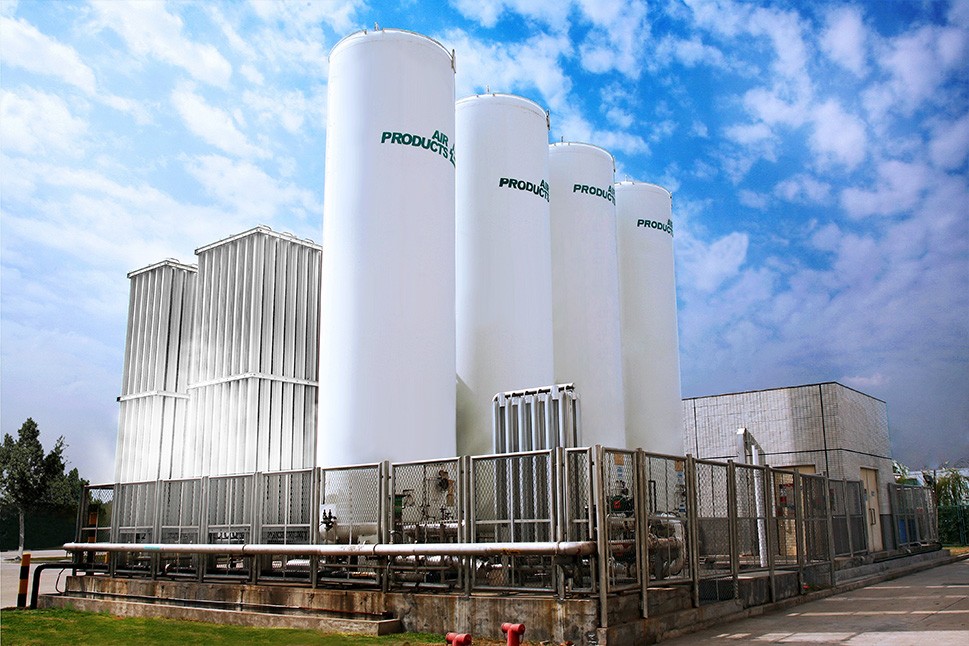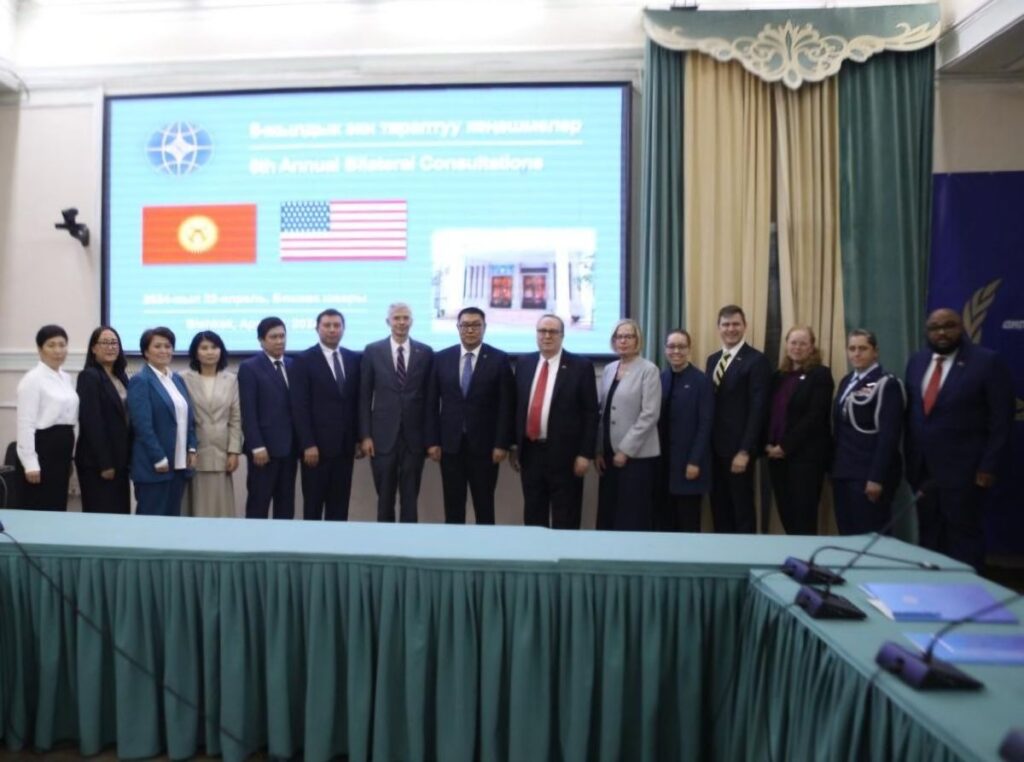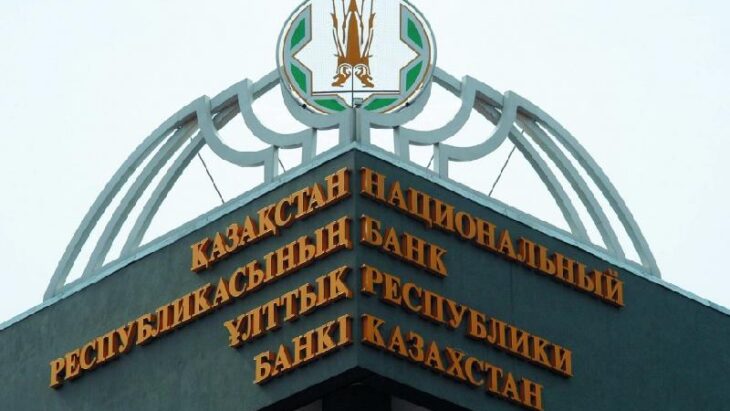First Kazakh Kindergarten Has Opened in California’s Silicon Valley
The first Kazakh kindergarten in the U.S. has opened in the state of California, and its a project developed and operated by natives of Kazakhstan. The main purpose of the educational center is to work for the preservation of national culture abroad, reports the news site 24.KZ. The idea to create a kindergarten replete with Kazakh-language instruction education came to Zhanna Atabekova. According to her, through the new school, citizens of Kazakhstan who live and work in Silicon Valley can now instill national values in their children. "We want our child to receive the same upbringing as if he or she was raised by grandparents. This kindergarten is important to preserve our language," parents stated. Earlier, President Kassym-Jomart Tokayev spoke out on the issue of a national language policy, expressing confidence that Kazakh would become the main language of inter-ethnic communication. At the end of last year, Kazakhstan's Ministry of Labor and Social Protection reported on its efforts to open education and training centers to help prepare Kazakhs for work abroad. According to official data, more than 194,000 citizens currently work abroad: 162,700 in Russia, 13,100 in Poland, 6,000 in South Korea, and 5,000 in Britain.






